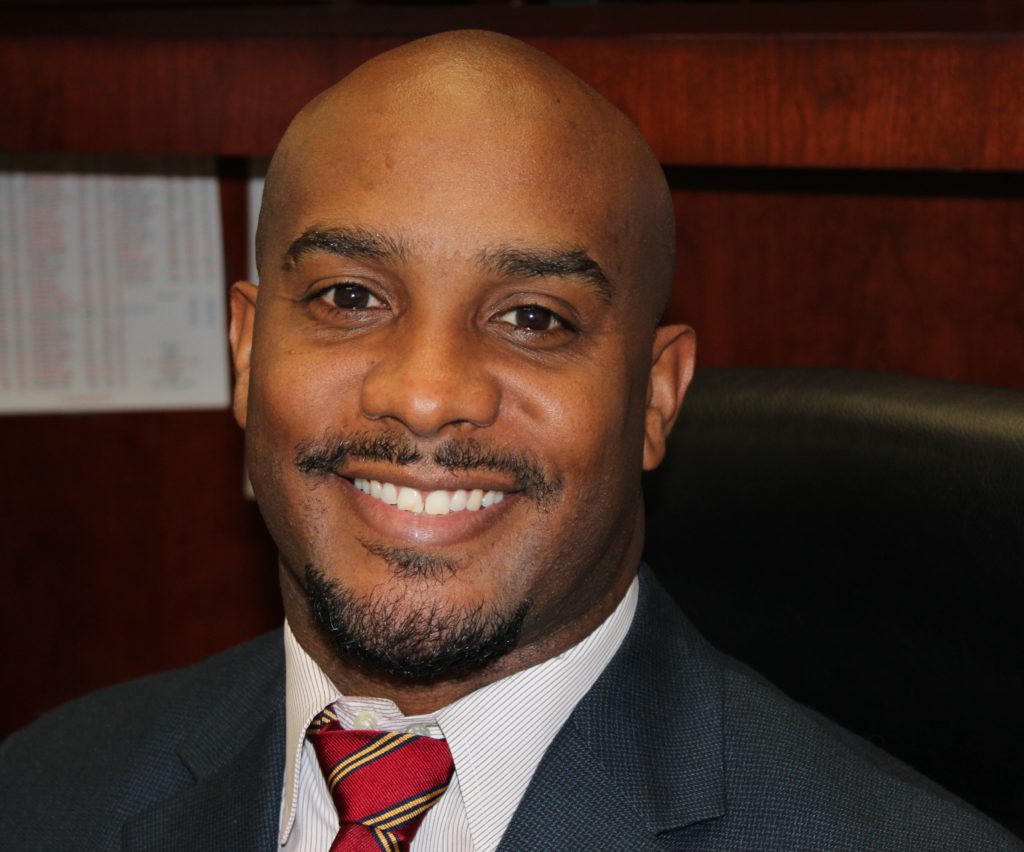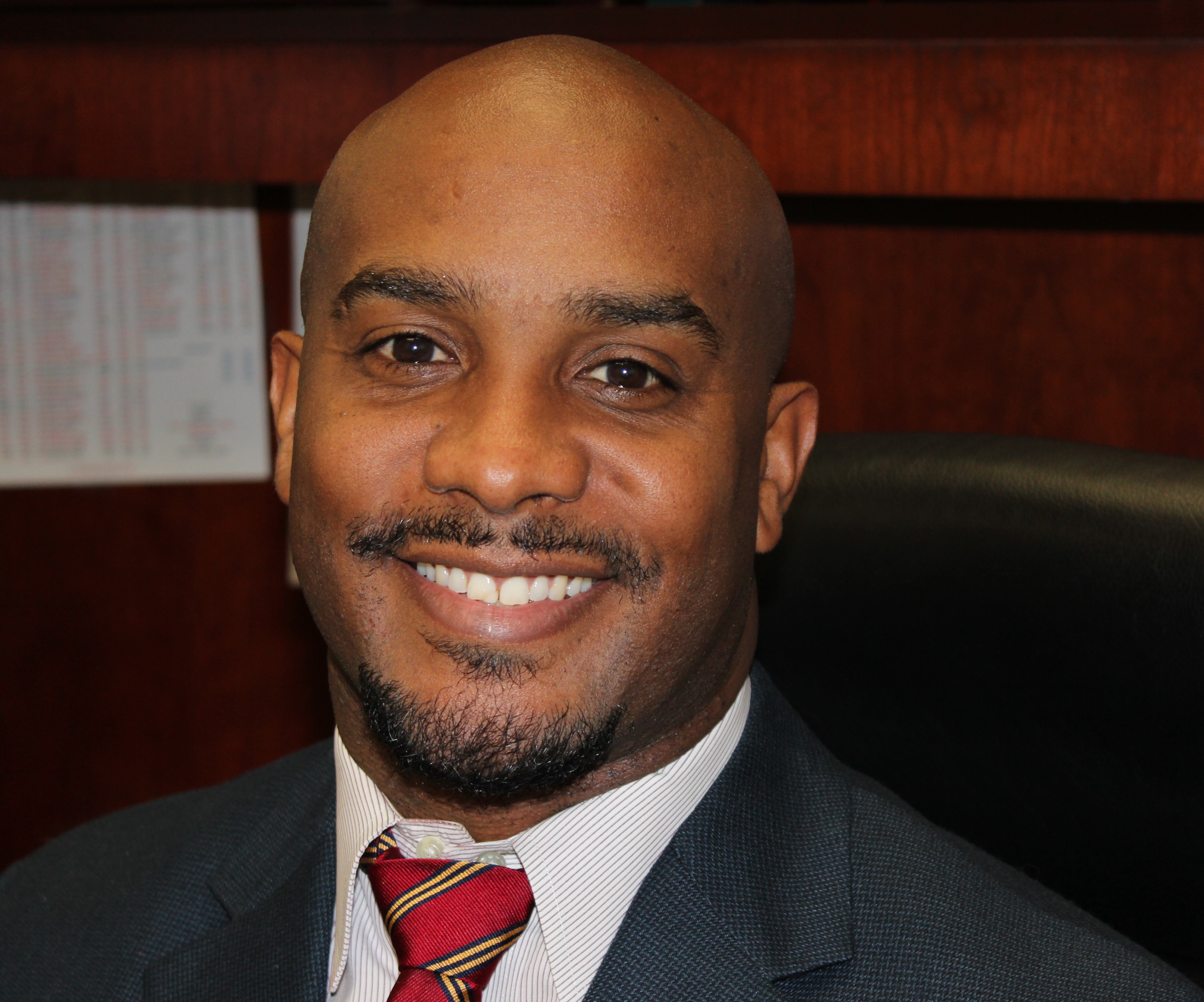By Ariel Worthy
The Birmingham Times

When former U.S. Attorney Joyce White Vance considered a new coordinator for the office’s Human Trafficking Task Force she settled on an assistant who came well qualified.
Assistant U.S. Attorney Xavier Carter leads the Northern District of Alabama’s task force, which works with law enforcement agencies and state and local task forces to combat human trafficking.
“Human trafficking is modern day slavery,” Vance said when she appointed Carter. “It preys on the world’s most vulnerable people — abandoned children, runaways, illegal immigrants afraid to speak out — forcing them into prostitution or physical labor. Mr. Carter will lead our task force as it continues to coordinate with federal and state law enforcement to raise awareness of the problem and focus resources on investigating and prosecuting human trafficking crimes.”
Carter said he has been interested in human trafficking for a few years now.
“I noticed a couple of years ago that this is an issue that is getting more attention now,” Carter said. “It sparked interest in me because of the lives affected by it, the women who become victim of it and the fact that it’s basically modern-day slavery.”
In a series of articles last month, The Birmingham Times reported that human trafficking is a $150 billion industry. It is the second most profitable illegal activity in the world, falling behind illegal drug activity, according to Human Rights First, a nonprofit organization that works to promote and protect human rights worldwide.
Gen. Charles Krulak—a co-chairman and ambassador for the Human Rights First Bankrupt Slavery Campaign, an effort to combat and disrupt modern-day slavery and human trafficking—said Birmingham is a major hub in the Southeast for human trafficking because two of the busiest interstates for trafficking intersect here.
Carter’s task force coordinates with law enforcement agencies such as the FBI, sheriff’s office and police departments, but the key component are the non-government organizations that they partner with, he said.
“These are difficult cases to investigate and prosecute because often the victims are scared of the folks who have trafficked them, and organizations like The WellHouse have loads of experience in dealing with victims,” he said. “They are a critical component in what we do in our task.”
The WellHouse is a faith-based nonprofit that offers a variety of services to women and girls who have been sexually exploited through human trafficking.
Having men on such a taskforce also sends a message to the victims, Carter said.
“Every now and then we have a situation where the victims are less comfortable with men working on these things,” Carter said. “Men involved in this taskforce are very involved and committed to the issue and we are diligent about demonstrating to the women that we are here for you and we want to make sure that you are safe and that these traffickers who have done this to you pay the price for what they have done.”
Carter, who is originally from Clinton, Miss., worked as Assistant U.S. Attorney for the Northern District of Alabama, where he prosecuted cases, including white collar crime, civil rights violations by law enforcement, and human trafficking. He is also secretary of the UAB Minority Health and Health Disparities Research Center Young Professionals Board.
Laws towards human trafficking are changing, according to the American Bar Association.
In May 2015, the Justice for Victims of Trafficking Act (JVTA) was passed. The JVTA provides for increased funding for programs and services to support trafficking survivors, increases fines and penalties for offenders, and provides funding to support law enforcement and prosecutors. The bill also encourages states’ adoption of safe harbor laws, and establishes a survivor-led U.S. Advisory Council on Human Trafficking.
“A couple of years back there were laws that made it easier to prosecute in cases of trafficking minors,” Carter said.




